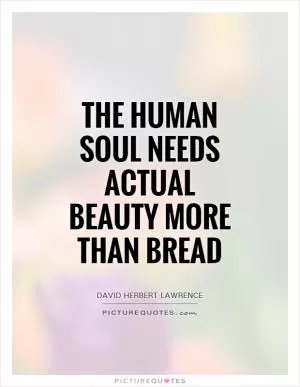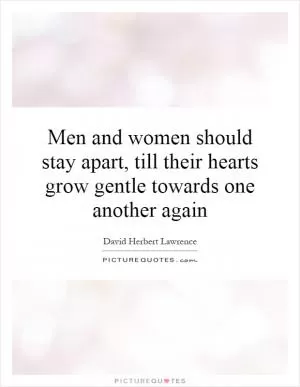She, herself, was so forlorn and unused, not a female at all, just a mere thing of terrors

She, herself, was so forlorn and unused, not a female at all, just a mere thing of terrors
In the works of D.H. Lawrence, the theme of female oppression and the struggle for autonomy is a recurring motif. The quote “She, herself, was so forlorn and unused, not a female at all, just a mere thing of terrors” encapsulates the sense of despair and powerlessness that many of Lawrence’s female characters experience.Lawrence’s portrayal of women often reflects the societal norms and expectations of his time, where women were expected to be submissive and passive. In many of his works, women are depicted as being trapped in oppressive relationships or stifled by the constraints of a patriarchal society. The quote suggests that the female character is so devoid of agency and autonomy that she is reduced to a mere object of fear and dread.
The use of the word “forlorn” conveys a sense of abandonment and loneliness, highlighting the isolation and alienation that the character feels. The word “unused” suggests a lack of purpose or fulfillment, as if the character’s potential and abilities are being wasted. The phrase “not a female at all” implies that the character’s identity has been stripped away, leaving her devoid of any sense of self or individuality.
The phrase “mere thing of terrors” is particularly striking, as it suggests that the character is not only dehumanized, but also associated with fear and dread. This could be interpreted as a reflection of the fear and anxiety that many women experience in a society that seeks to control and suppress them.
Overall, the quote “She, herself, was so forlorn and unused, not a female at all, just a mere thing of terrors” captures the sense of despair and powerlessness that many of Lawrence’s female characters experience. It serves as a poignant reminder of the struggles that women have faced throughout history, and the ongoing fight for equality and autonomy.












 Friendship Quotes
Friendship Quotes Love Quotes
Love Quotes Life Quotes
Life Quotes Funny Quotes
Funny Quotes Motivational Quotes
Motivational Quotes Inspirational Quotes
Inspirational Quotes